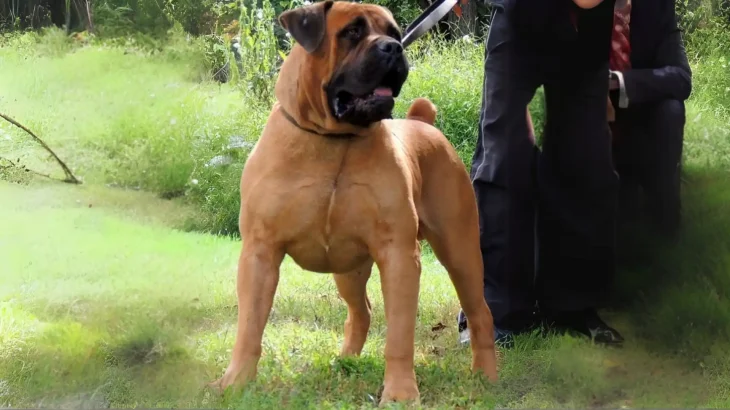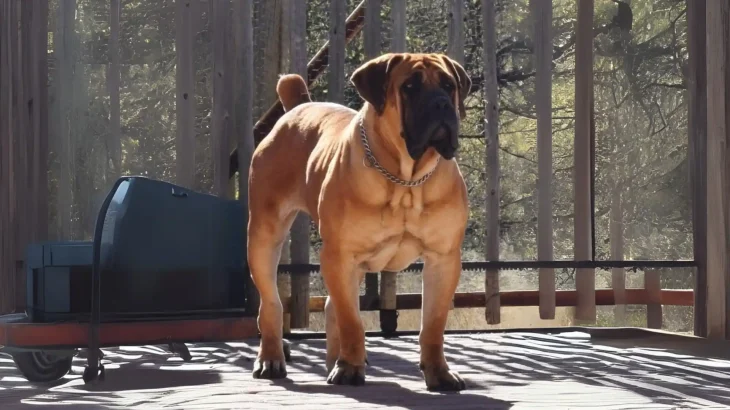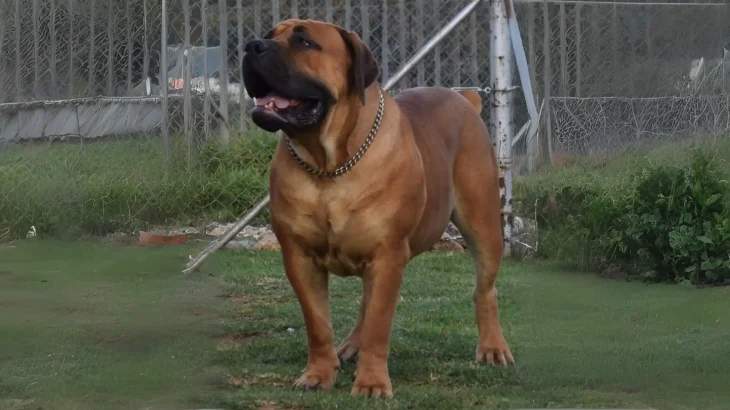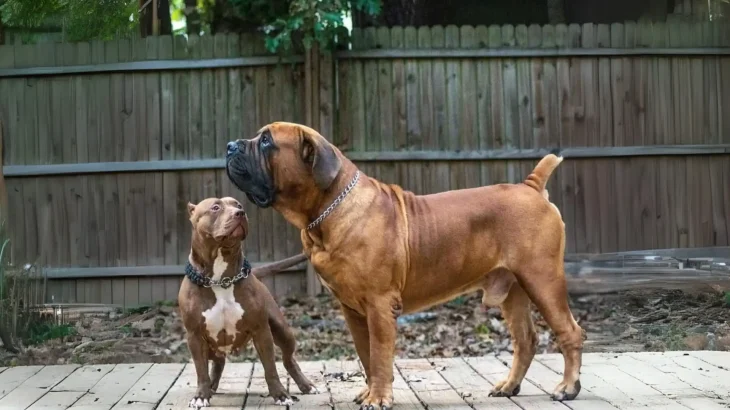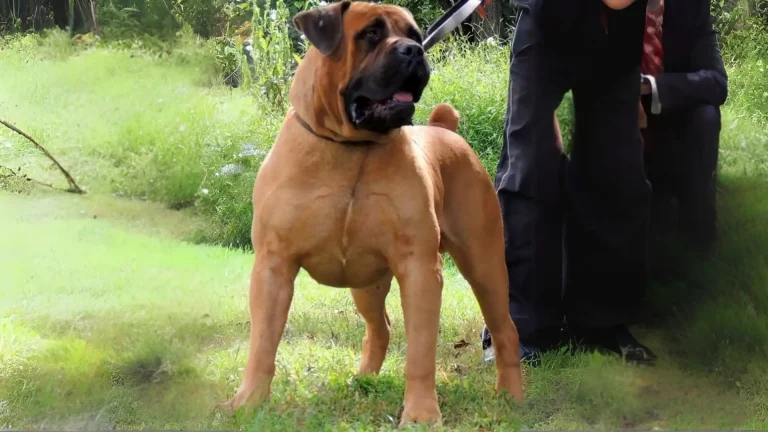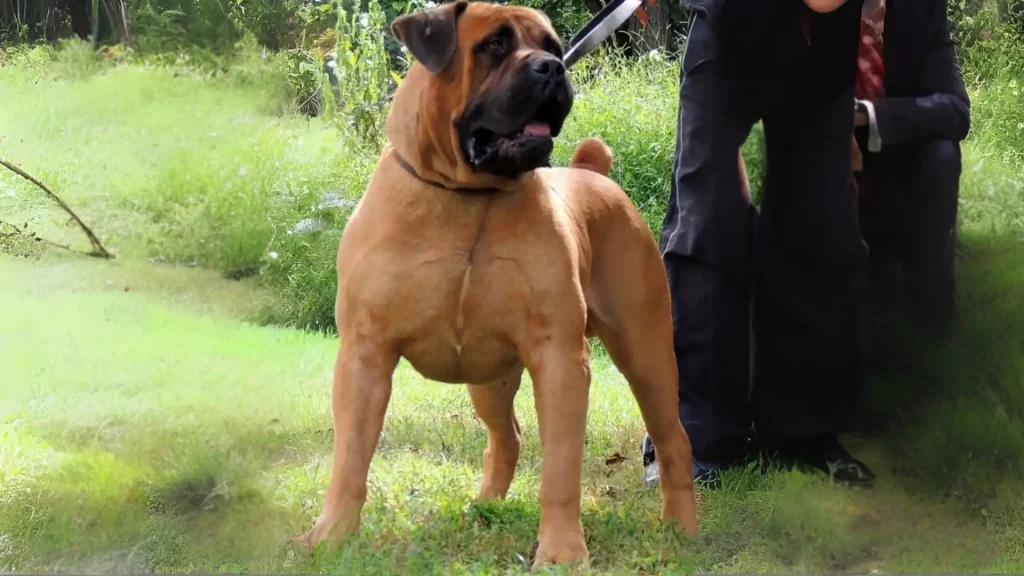Choosing between adopting or purchasing a Dog breed Price Boar Beisser puppy depends on priorities like cost, health transparency, and ethics. Buying from a breeder often offers clearer health histories and pedigree assurances for this breed, while adopting aligns more with supporting animal welfare and lower initial costs.
Adoption vs. Breeder: Pros & Cons
| Criteria | Buying from Breeder | Adopting from Shelter/Rescue |
|---|---|---|
| Cost | Usually higher, reflecting breed purity and breeding costs. | Generally lower fees that support rescue efforts. |
| Health History | Often comprehensive health and genetic screenings provided. | Health backgrounds might be incomplete; basic checks standard. |
| Age Availability | Primarily puppies available. | Wider age range, including adults. |
| Temperament Insight | Breeders give lineage-based behavioral info. | Shelters offer observed behavior but origins may be unclear. |
| Ethical Considerations | Depends on breeder ethics; supporting responsible breeding is key. | Supports giving homes to dogs in need, lessening shelter populations. |
| Breed Purity & Pedigree | Guarantees purebred status and pedigree documentation. | May be mixed or unknown lineage, not always suitable for breed enthusiasts. |

